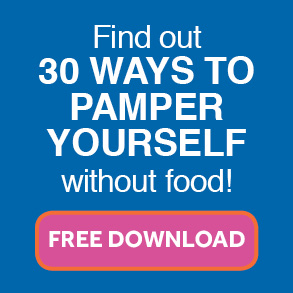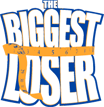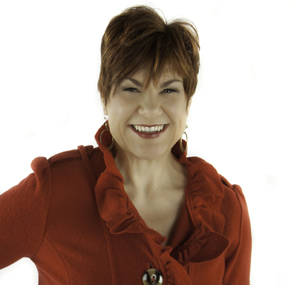For the love of wine, peanut butter and dessert

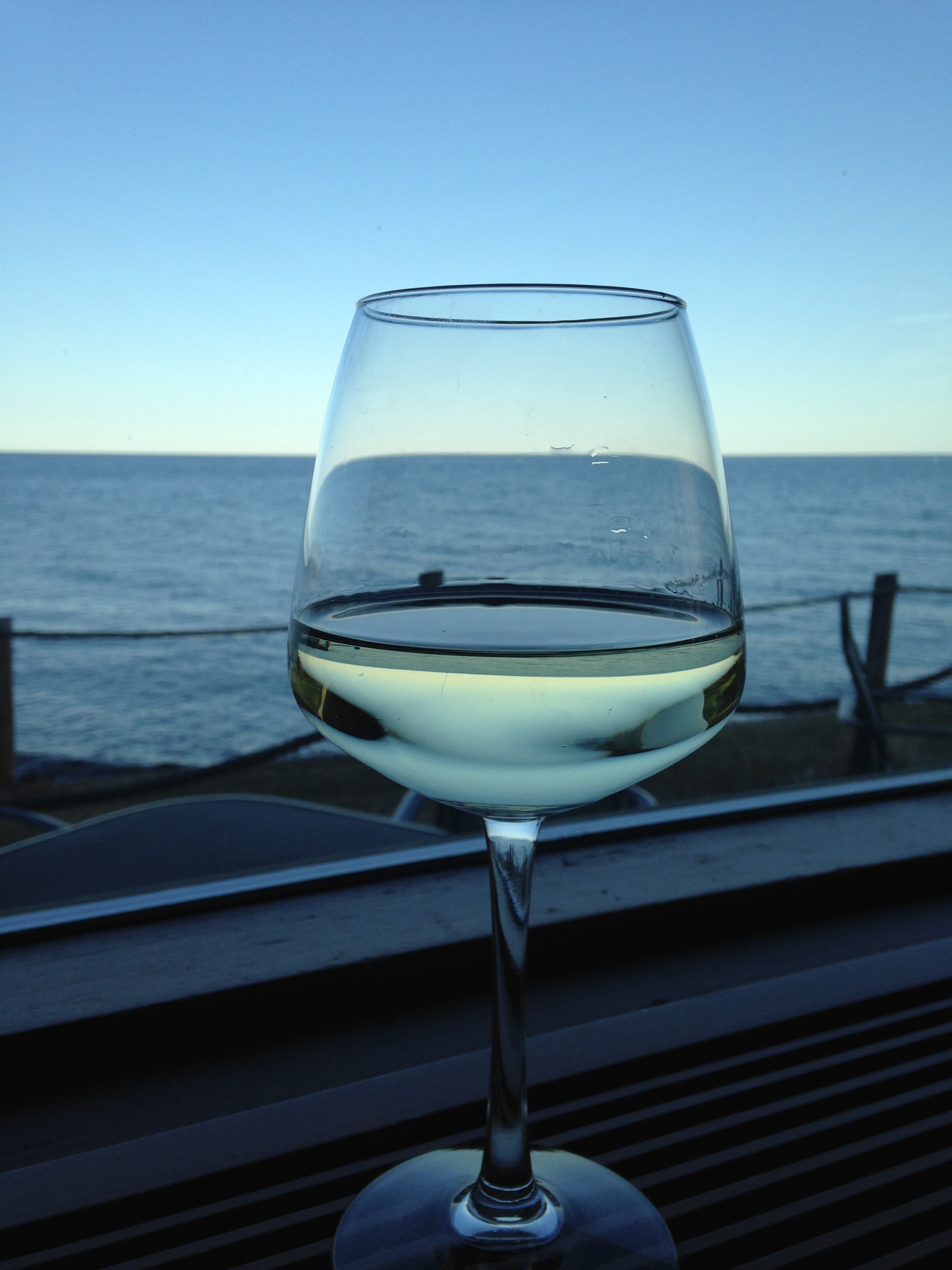 Wine. Peanut butter. Dessert. What do these three delightful things have in common in my world?
Wine. Peanut butter. Dessert. What do these three delightful things have in common in my world?
A) I LOVE them all! B) I’ve had a rocky relationship with each of them; C) I’ve learned a lot about myself and my body in exploration of, and with, them over the years; D) At least temporarily, I’ve broken up with each one of them; or E) All of the above.
Well, the answer is E — all of the above.
You might find this surprising, but I lost -211 lbs and 80% of my body fat on a diet program where I was NOT totally and completely deprived of these three loves. After I hit my weight-loss goal, and as I’ve worked to maintain a healthy lifestyle, things have gotten more complicated and, yep, a bit rocky.
I’m sharing my personal story with wine, peanut butter and sugary desserts because I’m guessing many of you can relate. You, too, may have foods (or patterns related to food) that worked for you…for awhile — or at least you thought they did — and as you’ve evolved, changed, or as life happens — your relationship with certain foods may also needs to change.
What do I mean?
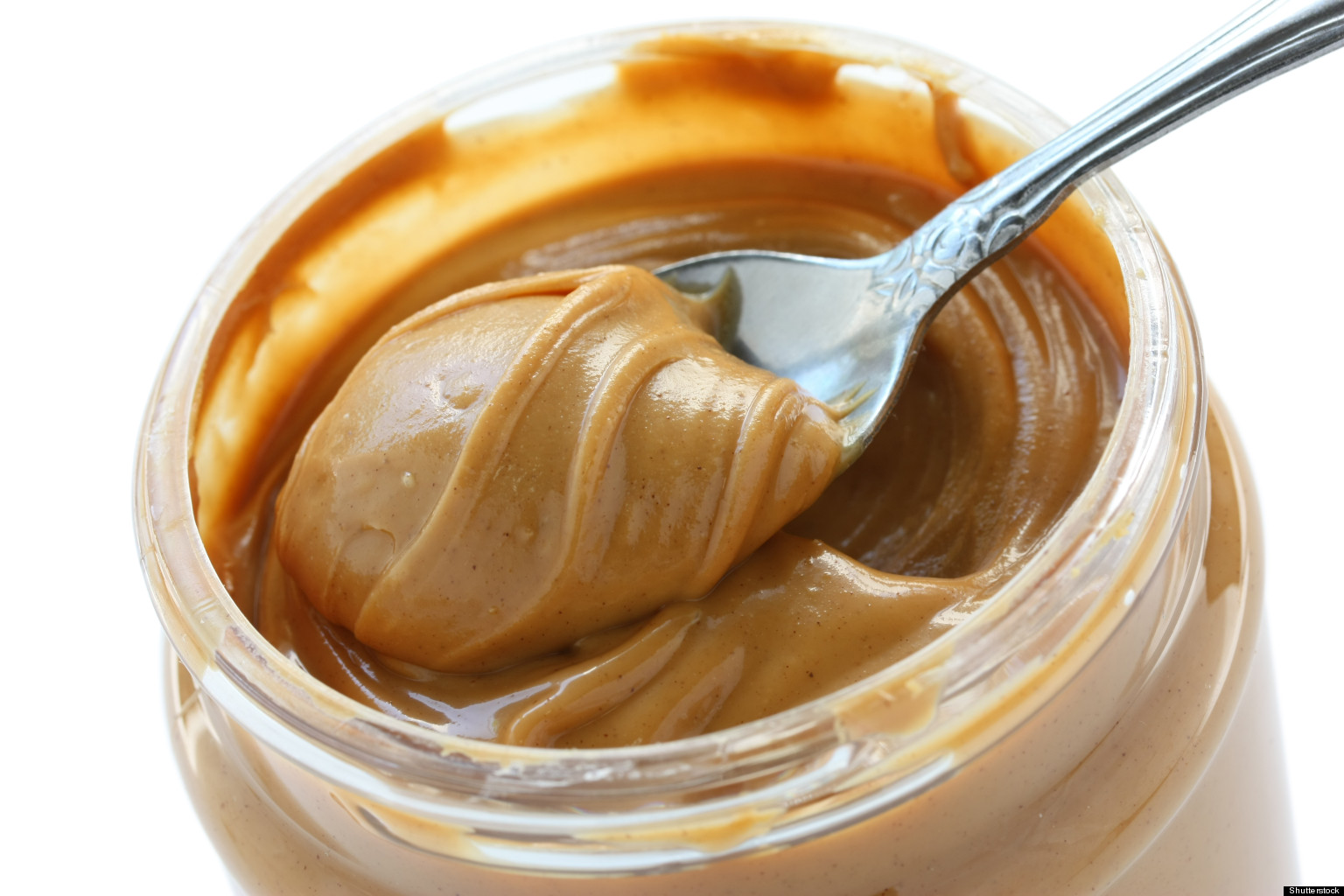 How I lost 200+ pounds, not depriving myself of wine, peanut butter and desserts
How I lost 200+ pounds, not depriving myself of wine, peanut butter and desserts
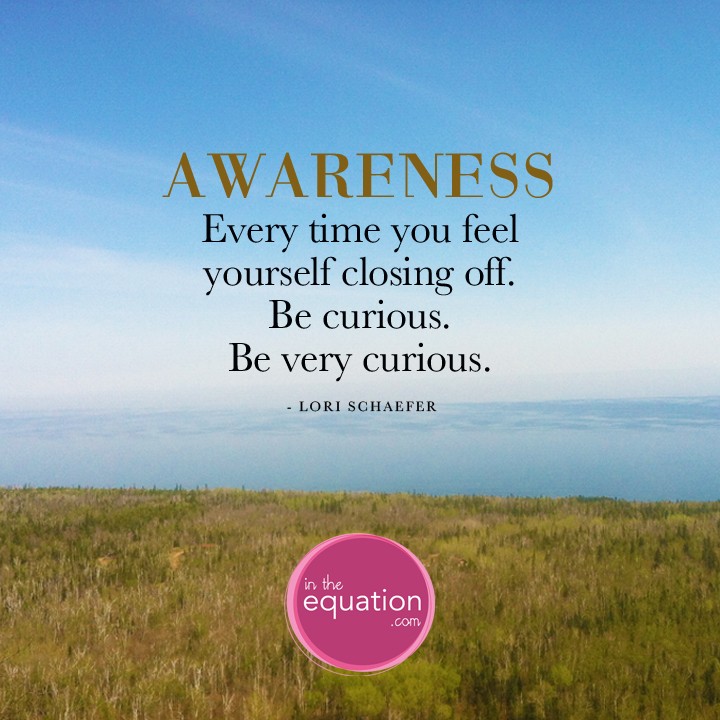 Yep, while hard to image, it’s true. Let’s start with how I was on a diet plan that did NOT completely
Yep, while hard to image, it’s true. Let’s start with how I was on a diet plan that did NOT completely  exclude wine, peanut butter and sugary desserts. And I lost 211 lbs and nearly 80% body fat.
exclude wine, peanut butter and sugary desserts. And I lost 211 lbs and nearly 80% body fat.
First, my beloved peanut butter. It’s a healthy fat. And, in small amounts, it was a staple “healthy fat” in my weight-loss program for 18 months. I measured 1-2 tablespoons of peanut butter for snacks. Most frequently, I mixed it in my protein shakes, but sometimes I just ate it on the spoon with my fruit and savored it. All in moderation. No problem, it was on my plan. Yum!
Wine, my favorite cocktail, was allowed only on occasion and in moderation. The devil, of course, is in the details. As many of you may know, small amounts of red wine in particular have great health benefits (very small amounts — not the American size pour). My nutritional coach — recognizing that I aimed to lose 200+ lbs and I’d be at it awhile — allowed and even encouraged an occasional glass or two of wine on the ONE night of the week I got a cheat meal. Not every night. And definitely not every week. But the great news was that I could drink occasionally and still lose that kind of massive weight in record time.
The truth is that it took me a total of 18 months to get off +200 lbs and I went most weeks without any wine or alcohol. And, during that time, the only time I remember feeling deprived was when I couldn’t drink at my own business’ staff Christmas party. At the time, it didn’t fit with my fat-loss goals. I was in the zone and couldn’t afford the extra empty calories. Plus, alcohol shuts down fat loss for a time, and then your body processes alcohol first as if it were sugar. So the way it works in your body didn’t support my fat-loss goals.
For me, during my weight-loss process, it was far easier to give up wine all together and stay focused on my longer-term goal. However, this relationship became more difficult after I reached my goal weight and loosened up the reigns. More on that in a minute.
Sugary desserts. Are you a starchy carb or fatty-food lover or a “dessert person?” I really didn’t consider myself a person who favored sugar or desserts when I weighed 381 pounds. I certainly ate them, don’t get me wrong. But I preferred heavy starchy carbs and fast food. That said, I ate my share (and other people’s share too) of cheesecake, ice cream and Reese’s peanut butter cups when I was a compulsive, binge eater.
When I was in weight-loss mode, I was allowed ONE “cheat meal,” most weeks — not ALL weeks, most. In that ONE meal, a dessert was allowed. Sometimes I had dessert, but most times I didn’t. I opted instead for a glass or two of wine because dessert was not “calling my name.” But, fast forward to weight-maintenance mode — which I started in May 2012 after I reached my goal weight — and, well, that became a totally different story, unbeknownst to me.
Managing my relationship with my three loves is now more complicated & challenging
When I was in weight-loss mode, I succeeded because I knew my nutritional program would work for me if I followed it. That meant, I would burn stored fat and build muscle to lose weight at a pretty good speed — that is, when/and if I followed the plan. (Lucky me to have worked with Leif Anderson of Duluth, MN.)
Of course, I am perfectly imperfect, aka human, so there were times I went off plan and ate something I shouldn’t. And, yes, there were even a few binges sprinkled in there. Fat-loss for me was not a perfect, straight line — but it was wildly successful because of my determination to follow the plan and never quit. When I got off track, I learned to “restart” and got myself right back on. That’s how I succeeded at losing 211 lbs, 55% of my body weight and more than 80% of my body fat, in 18 months.
However, what I was completely unprepared for was navigating life as a “healthy person” trying to maintain significant weight loss, while figuring out the new habits that would serve me best, given my past rocky and emotional relationship with food.
What many diets don’t address, and nutritional coaches don’t tell you, is that this is a real and significant challenge for many of us! It requires even MORE due diligence than losing the weight in the first place. I think the reason we don’t hear about it from so many diet gurus is that they really don’t understand the psychological challenges, the emotional and addictive reaction that many of us have to eating and/or eating certain foods. So honestly, they can’t help. That’s why I explored it my own reality and am writing this blog. It’s also why I got trained as a health and wellness coach and started my own coaching practice. I want to help others not just lose weight, but life healthy, happy and WHOLE lives. (Read more and sign up for my group coaching program here.)
As I loosened my grip and started eating to live a healthy life on my own, without a diet plan, I found myself swinging sometimes too far afield and my weight fluctuating a lot — by 10, 15 to 20 lbs. It was my relationship with these three favorite things — wine, peanut butter, and sugary desserts — that had to change in order for me to maintain my significant weight loss and live the healthy life I’d achieved and desired. It turns out the “achieving” part needs to be active and ongoing! Again, nobody really tells you that.
After my weight loss, people started treating me and responding to me like a “regular” person who they thought could eat anything in moderation. I was used to people responding to me as a “fat” person. So many people not only encouraged me, but urged me to have the occasional dessert and said it would be totally okay — they had no idea! For me, it was not okay. What I found through months of exploration — including testing and practice — is that indeed somewhere along the way (maybe always) I had become addicted to sugar.
I remember a day in June 2012 — less than a month after reaching my goal weight. I was on personal retreat in my beloved Maine. After solo hiking several mountains and pushing myself in Acadia National Park for nearly 5 hours, I left the park and headed into Bar Harbor. While there I treated myself to an ice cream cone. Well, I started there, and then I ate a bunch of chocolate from the chocolate store, cookies… and God knows what else. It set off a full on sugar binge. Afterward, of course, I felt awful for doing so. Literally, because I didn’t eat refined sugar on a regular basis I got sick, physically ill. Inside I was sick too — I felt guilt, shame, disappointment in myself. Mostly, I was dismayed how going in with such willpower, I could be overcome by the sugar binge — it felt almost uncontrollable and this was at a time when I was the top of my health and wellness game.
The next day, I returned to Acadia to hike more incredible mountains, vowing that I had learned my lesson and I would not do it again. But I could tell I craved the sugar — it had a hold on me. And, you guessed it, that incident turned into a two-day sugar binge. Over the next several months, I read about and studied the research on sugar addiction. I also continuously tested my relationship with it, all to finally be brave enough to admit to myself that indeed I had a full blown sugar addiction. Eating any refined sugar, made me crave more. And I decided it was far easier to get it out of my diet all together than to battle it on a daily basis and risk putting my weight back on.
Have I eaten desserts, even binged on sugar since that discovery in 2012/2013? Well, I’m human, so of course I have! But my goal is to keep it out of my life and diet all together. As a result, I can now stand in front of a bakery case filled with sugary desserts and say — I don’t eat that. And when I screw up and let it in, I simply forgive myself and restart. That means, I get myself right back on the wagon and get it out of my diet. (It usually takes 2-3 days after a sugar binge for the cravings to pass and for me to feel physically good again.)
Why did I ditch sugar all together? Because it makes me feel sick. Inside and out. I don’t feel physically healthy when I eat sugar. I put on pounds — fast. I retain water. My stomach aches. My brain is foggy and not as sharp. I also feel bad internally for having binged. While I don’t really beat myself up over it anymore, I don’t relish that I keep learning this lesson over and over. And I know that once I’ve binged, I will crave sugar for days before I feel physically great again and don’t think about it.
That’s why refined sugar is NOT my friend and has no place in my Healthy-Lori-for-Life diet. My goal is to keep it 100% out. Fruit and other forms of natural sugar are what I consider “dessert” now. Well, that and peanut butter! 😉
About peanut butter. At some point in my weight-maintenance journey, I started learning that peanut butter was becoming my go-to “dessert” and my portions were increasing. My relationship with peanut butter got really rocky after eating nearly an entire container in two days! So now, I’ve decided I do better when I keep it out of the house. (Trust me, I’ve tested that one a few times only to find myself donating jugs of peanut butter to friends and neighbors to get them out of the house.)
Now, I eat peanut butter occasionally when I am out and know that I can do so in moderation. And, I’ve recently discovered the powdered peanut butter and seem to be doing just fine with that. Go figure. For now, peanut butter in the large container is not my friend. You might say, it’s on a “time out.”
Which brings us to my beloved wine. Sigh. Just this past year, I started to notice that I wanted to eat more or binge eat when I drank. That’s natural right, because alcohol has a sedating affect and you’re at risk of eating more and off plan when your defenses are down. For many of us, alcohol increases your appetite and your cravings for high-fat or high-calorie foods.
So in addition to knowing that alcohol shuts down fat burning for a time, increases your appetite and cravings for high calorie, “bad” food — well, it’s become a risk to healthy me to keep in my diet on a regular basis. For years, I managed 2-3 glasses of wine and rarely got way off track. This year, it’s been way tougher and disconcerting to me. So I took it out completely for 30 days last month, and then reintroduced it at my sister’s wedding and on special occasions.
I’m not sure yet where I will end up in my relationship with wine, or peanut butter. Desserts I am clear. Refined sugar for me is not part of my life.
Again, so why am I sharing all of these personal experiences about my post weight-loss life. Because I believe for many of us who have struggled with weight our entire lives to date, it’s more complicated and challenging than just getting the weight off and living life. The notion that you can lose weight, get to goal and loosen the reigns to eat whatever you want, is just NOT true. Not for me, and I think not for so many people.
A more accurate description of my reality anyway is that I am challenged continually in my relationship with food. It is an emotional and mindset challenge, and I will likely have to work at it for the rest of my life. The amazing news is that once I accepted this, and started to really understand my relationship to food, that’s when I learned to manage my overall health and wellness and live a WHOLE and happy life.
Most days, I’m succeeding. But it work! I am a work in progress. It takes diligence and getting to know your personal triggers, challenges and obstacles and ACCEPT that you have to work at something that many others take for granted. But I am okay with that. In fact, I think it’s awesome that I can be a voice of reality and hope for many, many people.
While I am not a nutritional expert. I am not a registered dietician. I am a realist — a regular person — who has lost a ton of weight and kept it off for nearly 5 years. I am someone who is actively learning to live healthy and well, happy and whole, despite a difficult relationship and history with food. I am living proof that YOU can do it, even if it feels hopeless.
And, I am hoping that by sharing my very personal ongoing struggles, you realize you are not alone and you can find your healthy, happy and whole!
I am happy to take questions on this post or on personal message if you want to connect here. And, I would love to hear from you — do any of you who have lost weight struggle with certain trigger foods? How do you manage to stay on track?
#motivationmonday #intheequation #happyhealthyandwhole
Cheers!
Lori
Read these related blogs on emotional eating, sugar addiction and weight maintenance:
- Changing from the inside out (Aug. 2016)
- The emotional side of the journey can make or break you (July 2016)
- Weight maintenance is hard, rewarding & totally doable! (May 2016)
- Sugar smarts (Sept. 2014)
- Sugar turns you into a junkie (Dec. 2013)
- Food and addiction. Research & hope (Oct. 2013)
- Carbs trigger food cravings. Yep! (June 2013)
- Step away from the refrigerator! (July 2012)



